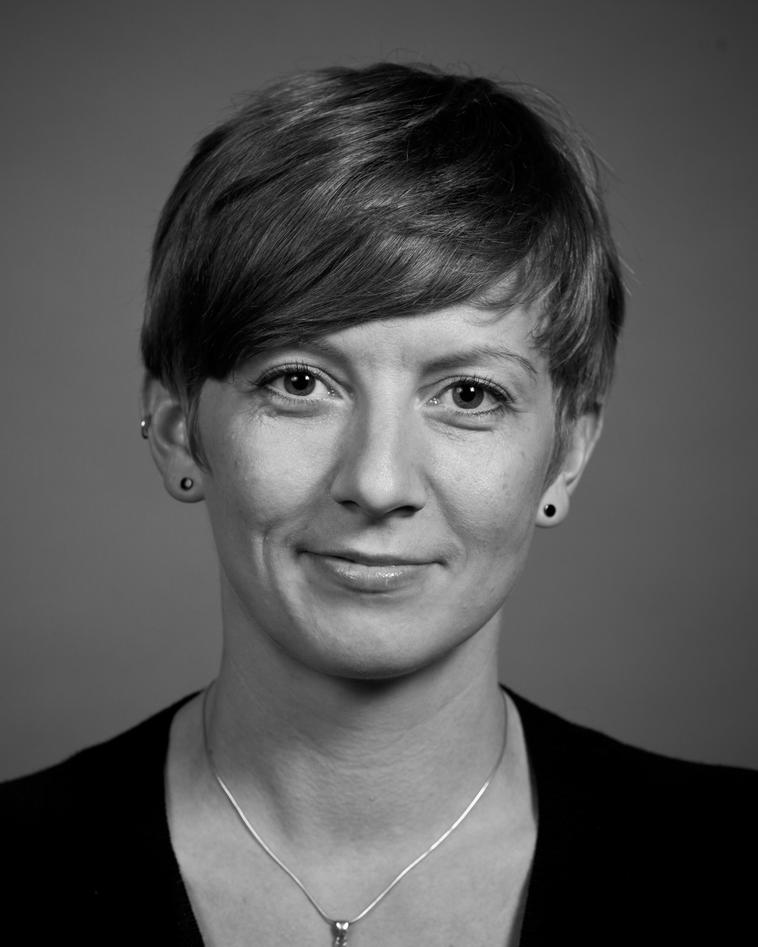Sustainable development of life below water
This course has been postponed until 2021.
Main content
Course leader
Katja Enberg, Associate Professor in fisheries science, Department of Biological Sciences, UiB.
Lecturers (provisional)
Dag L. Aksnes, professor, BIO/UiB
Christian Jørgensen, professor, BIO/UiB
Gabriella Ljungström, postdoc, BIO/UiB
In 2015 the United Nations adopted 17 interconnected Sustainable Development Goals (SDGs) addressing the global challenges of poverty, inequality, climate change, environmental degradation, prosperity, peace, and justice. Through active learning and working in teams, this course sets focus on SDG14: Life below water.
SDG14 aims at "conserving and sustainably using the oceans, seas and marine resources for sustainable development", and has 10 specified targets related to marine pollution and conservation, sustainable fisheries, global change. The students will acquire knowledge and skills related to science, policy, and society necessary for understanding and contributing towards sustainable development of life below water.
SDGs form a complete set of goals, and although the focus of this course is on SDG14, we will explore the interconnections and trade-offs with the other SDGs – for example, how to simultaneously protect life under water and eradicate hunger?
We have designed this course for PhD candidates with an interest in sustainable development and life under water. The course is relevant for a broad range of disciplines, and the resultant diversity among the students will help them to reach the learning outcomes by everyone bringing their own expertise to the group.
Learning outcomes
Knowledge:
- Explain physical and biological ocean processes that contribute to making the problems under SDG14 global.
Skills:
- Analyse and interrelate SDG14 targets in light of other SDG targets.
- Find, navigate, and make connections between scientific literature and the literature of reports, conventions, and policy documents.
- Identify stakeholders and analyse their motives.
- Evaluate existing research and suggest research needs related to SDG14.
General competences:
- Compose and use scientifically grounded arguments for societally relevant debates.
- Provide peer-feedback balancing critical and constructive views.
- Identify and separate between scientific knowledge, values, beliefs, and ideologies.
Credits
Participation at the BSRS is credited under the European Credit Transfer System (ECTS). Participants submitting an essay, in a form of a publishable manuscript of 10-20 pages, after the end of the summer school will receive 10 ECTS. Deadline for submission will be decided by your course leader.
It is also possible to participate without producing an essay. This will give you 4 ECTS. In order to receive credits, we expect full participation in the course-specific modules, plenary events and roundtables.
Katja Enberg is an evolutionary ecologist and an associate professor in fisheries science with long experience from fisheries assessment and advice. The main focus of her research is on ensuring sustainable use of marine resources, and her aim is to contribute towards the SDGs, in particular SDG14. Katja uses different modelling tools to investigate how anthropogenic stressors such as fishing and climate change influence the life-history and behaviour traits and the eco-evolutionary dynamics of natural populations.
Katja has developed the course SDG214, which this course is building upon. You can watch three movies of that course.
